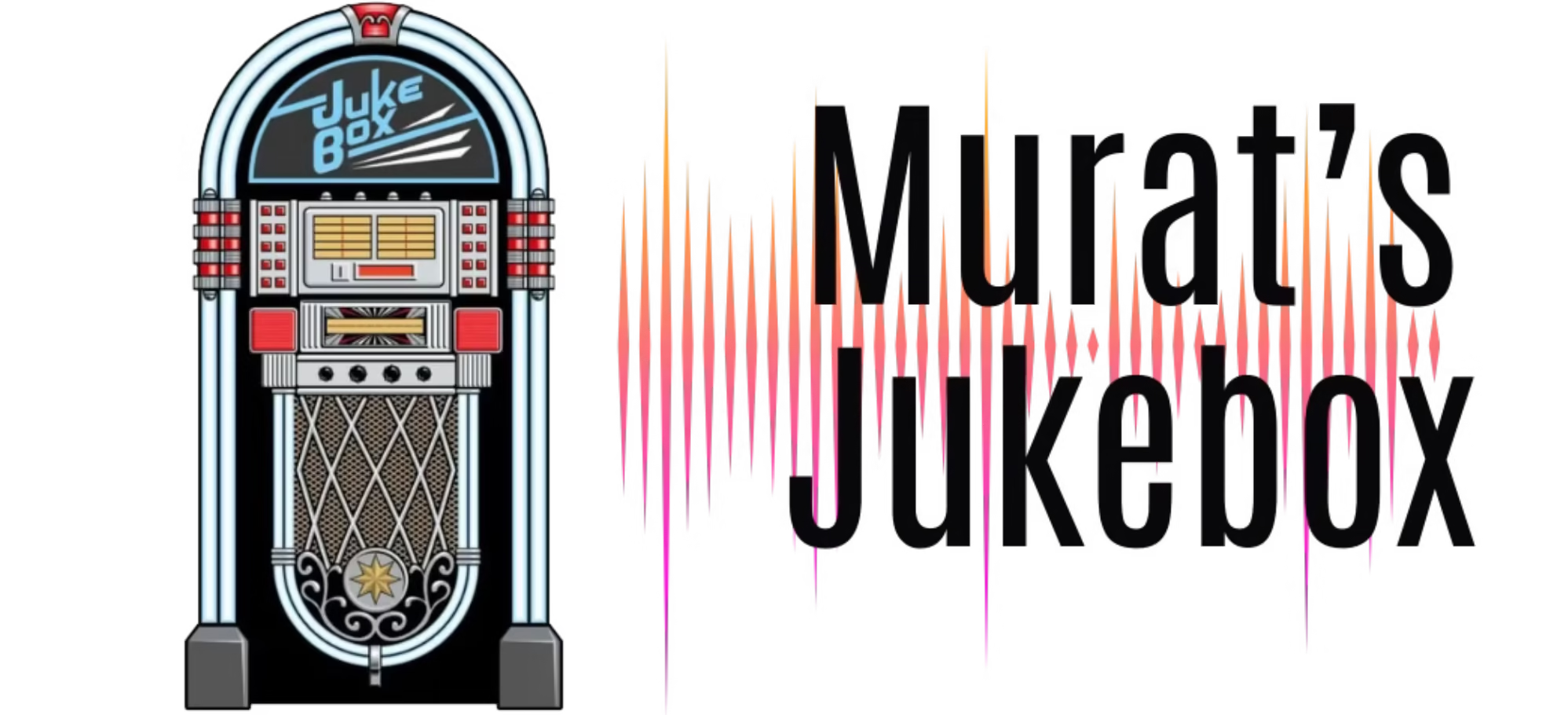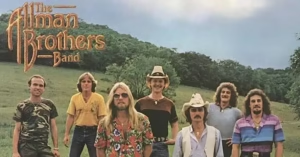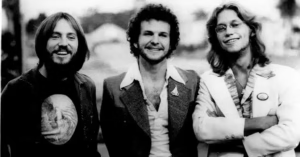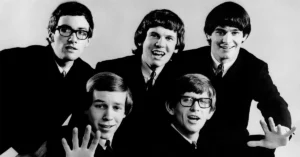Free: Soulful Blues Rockers Behind “All Right Now”
Free. Formation and Lineup
Free was formed in London in 1968 by four remarkably young but talented musicians:
- Paul Rodgers – Vocals (age 18)
- Paul Kossoff – Guitar (age 17)
- Andy Fraser – Bass (age 15, formerly of John Mayall’s Bluesbreakers)
- Simon Kirke – Drums
Despite their youth, the band displayed a mature, soulful blues-rock sound, with influences drawn from American R&B, British blues, and hard rock. Their name reflected their desire for musical freedom and emotional honesty.
Free. Early Albums and Style (1968–1969)
✦ Tons of Sobs (1969)
Their raw and gritty debut, recorded on a small budget, was steeped in British blues revivalism.
Key tracks:
- “I’m a Mover”
- “Walk in My Shadow”
✦ Free (1969)
More refined than the debut but still blues-heavy. It hinted at the melodic songwriting they would soon perfect.
Notable songs:
- “Broad Daylight”
- “Trouble on Double Time”
Their sound combined sparse arrangements, heavy grooves, and passionate vocals, laying groundwork for the hard rock of the 1970s.
Free. Breakthrough: Fire and Water (1970)
This was Free’s breakthrough album, showcasing their ability to blend soul, blues, and rock into something both powerful and accessible.
Key tracks:
- “All Right Now” – A global hit, reaching #2 in the UK and #4 in the U.S. It remains one of the most played rock songs ever.
- “Mr. Big” – Known for its massive bass riff
- “Fire and Water” – A slow-burning epic
- “Heavy Load” – A melancholic highlight
The album made them superstars in the UK and popular worldwide, especially after their celebrated performance at the Isle of Wight Festival in 1970.
Free. Creative Tensions and Breakup (1971)
✦ Highway (1970)
Rushed out after their success, this more introspective album underperformed commercially but included gems like:
- “The Stealer”
- “Be My Friend”
Internal conflicts emerged, especially between Rodgers and Fraser. Meanwhile, Kossoff began struggling with drug addiction, worsening after the commercial disappointment of Highway.
✦ First Breakup (1971)
Tensions led to a temporary split. During this time:
- Paul Rodgers and Simon Kirke formed Peace
- Kossoff and Fraser formed Kossoff, Kirke, Tetsu and Rabbit
Free. Reunion and Final Recordings (1972–1973)
✦ Free at Last (1972)
An emotionally driven album created with the hope of helping Kossoff overcome his addiction.
Songs include:
- “Catch a Train”
- “Little Bit of Love”
Despite moderate success, Fraser left again, and bassist Tetsu Yamauchi joined.
✦ Heartbreaker (1973)
The band’s final album, featuring:
- “Wishing Well” – A standout track and later covered by Gary Moore
- “Heartbreaker”
- John “Rabbit” Bundrick on keyboards
Kossoff was often unable to perform or record, and session musicians filled in for several parts. The album’s success couldn’t hold the band together.
Free disbanded for good in 1973.
Aftermath and Legacy
- Paul Rodgers and Simon Kirke went on to form Bad Company with members of Mott the Hoople and King Crimson.
- Paul Kossoff released solo work but tragically died in 1976 at age 25 from heart failure due to drug-related health issues.
- Andy Fraser had a solo career and wrote songs for other artists, including Robert Palmer.
Musical Style and Influence
Free was known for:
- Minimalist yet powerful blues-rock arrangements
- Paul Rodgers’ soulful, commanding voice
- Paul Kossoff’s expressive, vibrato-heavy guitar tone
- Emphasis on groove and feel over technical flash
They helped define British blues rock and laid the foundation for hard rock, soul-infused rock, and arena rock.
Influence seen in:
- Led Zeppelin
- Bad Company
- Gary Moore
- Aerosmith
- The Black Crowes
- Joe Bonamassa
- Interesting Facts
- “All Right Now” was written in 10 minutes by Fraser and Rodgers to lift audience energy after a slow set
- The song is often cited as one of the top airplay rock tracks in radio history
- Paul Kossoff is regularly listed among rock’s greatest guitarists, praised for his emotional vibrato and phrasing
- Despite a short lifespan, Free’s catalog has been highly influential to blues-rock, classic rock, and soul-infused hard rock acts





